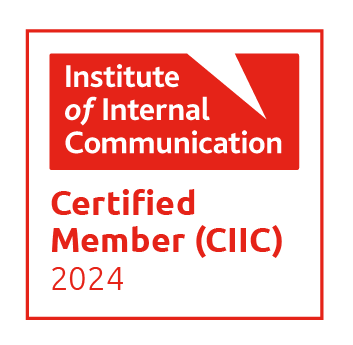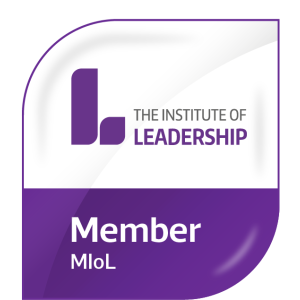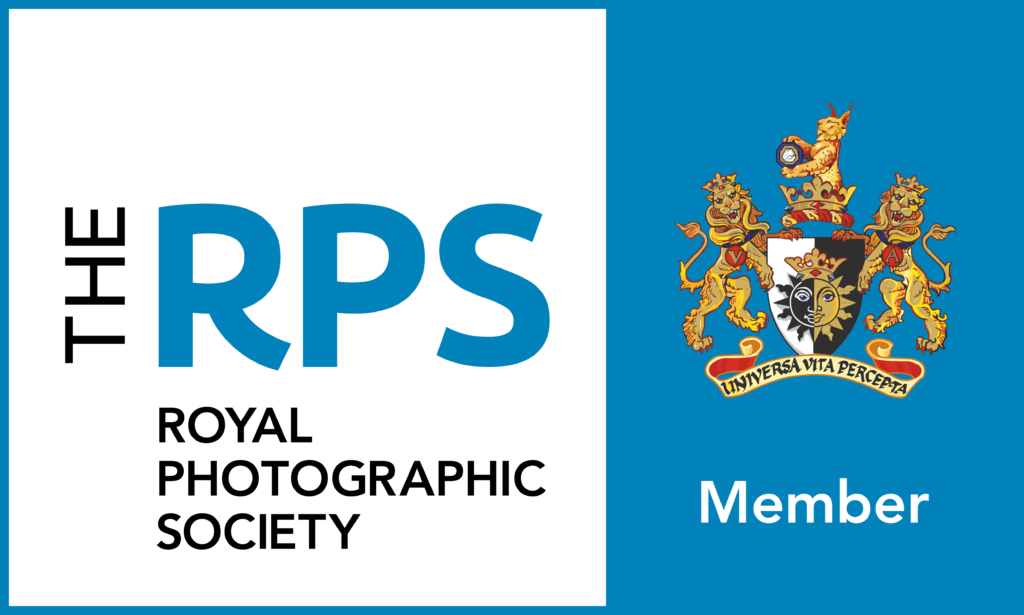Archive for the ‘Sacraments’ tag
Freely give what you have been given: the gift of Divine Mercy
Reflection on the readings at the Eucharist on the Second Sunday of Easter Year C (Divine Mercy Sunday): Acts 5:12-16; Psalm 118:2-4, 13-14, 22-24; Revelation 1:9–11, 12-13, 17-19; St John 20:19-31
The gift of Divine Mercy
Today, as we conclude the Octave of Easter and then continue on into the rest of the fifty days of Easter, we celebrate the gift of divine mercy. We find that it is easey to forget that we do not have a right to mercy. Mercy has been freely given to us by the Lord.
In today’s first reading from the Acts of the Apostles, we read of the power of healing flowing from St Peter and the faith of the people who sought him out. St Peter over the readings during the Octave has been the first to tell us that the power comes from Our Lord Jesus Christ, not from him. Today, we read that people are trying to fall under St Peter’s shadow to be healed. It is likely that St Peter would admit that he is but a shadow of the Lord. However, our blessed Lord uses him to heal those who seek him, just as those who seek forgiveness and healing through the sacraments draw close to our bishops and priests, knowing that it is the Lord who heals and forgives through them.
In today’s second reading from the Revelation of St John the Divine, St John has a vision of Our Lord holding
the keys of Death and of Hades
Revelation 1:18 NRSVACE
The Lord is not revealed by name, but reveals himself as “the first and the last” (Revelation 1:17) to St John who is imprisoned on the Isle of Patmos for giving witness to Jesus. His keys represent His authority: specifically, to bind and to loose. If we ask Him to liberate us, He will, but we do have to ask Him. Our Lord’s mercy is the key to liberation from our sins.
Our Blessed Lord did not have to forgive St Thomas for his lack of faith in the Gospel, just as Adam and Eve did not have to receive mercy after the fall. That fall condemned all their posterity (all of us) to separation from God for ever. We did not commit the Original Sin, nor was the Lord obliged to forgive it or to redeem all of us from its effects. However, in appearing to the Apostles, the Lord’s message is one of peace and reconciliation, not one of condemnation. In today’s Gospel, He empowers His Apostles to be instruments of His mercy. When a bishop or priest absolves a penitent from their sins, that mercy and power come from Jesus. Instead of remaining in doubt and regret about whether we have truly been forgiven, the Lord has given us sacraments that in faith we know bring us His forgiveness. When we were baptized, we also had our sins wiped away.
All these means of healing and mercy are gifts freely given by the Lord. We do not have to receive them, but surely we would be fools indeed if we did not seek them out.
Jacob Marley’s Chains
In A Christmas Carol by Charles Dickens, the ghost of Scrooge’s business partner, Jacob Marley, appears to him to encourage him to change his greedy ways. The chains that now bind Marley forever are weighed down with
cash-boxes, keys, padlocks, ledgers, deeds, and heavy purses wrought in steel.
A Christmas Carol
When Scrooge asks the ghost why he is fettered, Marley replies,
I wear the chain I forged in life… I made it link by link and yard by yard; I girded it on of my own free will, and of my own free will I wore it…
A Christmas Carol
Marley goes on to say that Scrooge’s chain has been much heavier than Marley’s for years.
Our sins reflect the things to which we are attached, just like the chains of Marley’s. What do we think ours look like? There is but one person who can free us all from those chains: Our Lord.
Freely give what you’ve been given
When the Lord sends out the disciples at the start of His public ministry, He tells them
You received without payment; give without payment.
St Matthew 10:8, NRSVACE
Today, we remember the peace and reconciliation He gave them without paying, and the ministry of peace and reconciliation for others that He asked them to carry out without pay as well.
We were freely given the gift of mercy. Let us give it freely as well, whether it is asked of us or not.
Lockdown gives time to study: Liturgical Theology course from The Liturgical Institute
This time of lockdown has given many people opportunities for some extra study. I am pleased to say that I am one of them. I have just completed a five hour course in Liturgical Theology from The Liturgical Institute of the University of St Mary of the Lake, Illinois, USA. The course had five classes:
- Defining Liturgy
- Liturgical Theology
- Liturgical Sacraments
- Liturgical Asceticism
- Liturgical Mysticism
Instructor: Dr David Fagerberg
Dr David Fagerberg holds a B.A. from Augsburg College (1972), M.Div. from Luther Northwestern Seminary (1977), M.A. from St. John’s University, Collegeville (1982), S.T.M. from Yale Divinity School (1983), and M.A., M.Phil., and PhD. from Yale University (1991). He taught in the Religion Department of Concordia College, Moorhead, MN, from 1988-2001; the Liturgical Institute at Mundelein Seminary 2002-03; he has been at Notre Dame since 2003. His area of study is liturgical theology – its definition and methodology – and how the Church’s lex orandi (law of prayer) is the foundation for her lex credendi (law of belief). He also has interests in sacramental theology, Eastern Orthodoxy, linguistic philosophy, scholasticism, G. K. Chesterton and C.S. Lewis.
https://liturgy.teachable.com/courses/1032988/author_bio
There are other courses in the series and I am thinking of looking at completing more of them. Although the courses are well and truly from a Roman Catholic point of view, it is useful for me generally within the other Christian communities in which I play the organ or with whom I worship.














